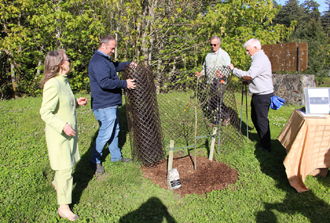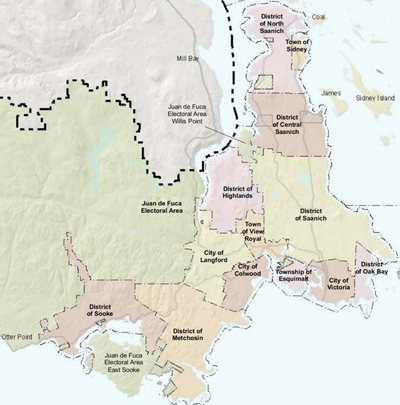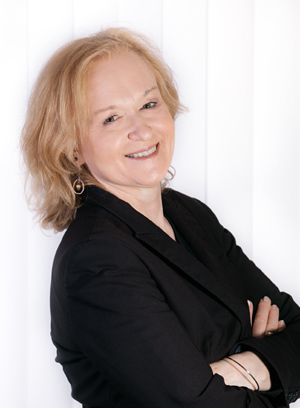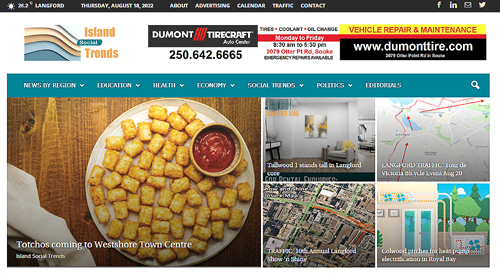
Friday August 19, 2022 | COLWOOD, BC [Updated 2:15 pm August 22, 2022]
OPINION-EDITORIAL | by Harley Gordon | Published by Island Social Trends
In the fiefdoms of Greater Victoria, there is not binding cohesive climate policy, thankfully volunteers are making it happen.
A criticism oft heard in Canada around emission reduction policies is that:
“We’re not a big polluter”
“We can’t impact this at the local level”
Well, that is not something that many local volunteer organizations are willing to accept.
In 2020, there were 672 megatonnes (672,000,000,000 kg) of polluting carbon dioxide released across the nation. About half of it (52%) is from transportation, building construction, building operation, electricity generation, and waste. All these sources are influenced directly by municipal governments.
The countless different bylaws regarding household energy efficiency, waste management strategies, and transportation policy add up to half of our country’s emissions. Which means, coordinated policy on climate action is effectively done at the municipal level.
With a population of 397,000 people scattered across a dozen municipalities getting anything done regionally can be a bit of a hassle. We don’t have to look far to see the disputes of a new sewage treatment station (which was desperately needed), better transportation options, or more housing (looking at Oak Bay).
There are clear issues that can arise from the close interactions of so many distinct municipal governments. Regional climate action and coordinated policies fall victim to the inefficiencies of our thirteen municipalities.
Now, here in Greater Victoria we have the Capital Regional District (CRD), which in theory coordinates action and policies across municipalities., In reality, municipalities must set their own bylaws, rules, and climate strategies. The CRD makes recommendations, but is not set up to enforce them.
Small and connected climate action groups advocate for cohesive climate action across Greater Victoria:
Nearly each of the 13 municipalities in the CRD has a local climate action group advocating for policy change with their respective council.
- I am part of a group called CENiC, which is the “Citizens Environmental Network in Colwood”. Recently we have been working on a council advocacy project to require new construction projects (of which there are many) to include low carbon energy systems. Principally, we are aiming to get heat pumps into all new homes and keep natural gas out. This is part of a broader province-wide trend to reduce emissions from new builds.
- In Oak Bay, the local environmental group called Oak Bay Climate Force was instrumental in getting the municipal council to phase out gas-powered landscaping over the next three years.
- In Victoria, the Greater Victoria Acting Together group convinced Councillor Jeremy Loveday to introduce a motion requesting staff align Victoria vehicle travel targets with those suggested by the CleanBC plan.
These small successes add up across a region that contains about one percent of Canada’s entire population.
To build connections and generate cohesive efforts, local climate action groups are connected through the South Island Climate Action Network which provides a monthly forum for discussion, planning, and coordination.
Got climate anxiety?
To all those experiencing climate anxiety, I recommend action as a solution. Get political and let’s make a difference. Run in elections or support candidates that align with your values at all levels of governments.
We can create a more resilient and cleaner future, but it will take work. Small actions eventually add up, if you are interested in learning more about a local environmental group in your municipality write back.
===== RELATED:
Labour shortages impacting curbside blue box pickup (August 22, 2022)
Plastics recycling innovation gets 2nd-phase boost (August 9, 2022)
===== ABOUT THE WRITER:
Harley Gordon is the president of Citizens Environment Network in Colwood (CENiC). He is a plant scientist and describes himself as a pragmatic optimist. He ran as the Green Party candidate in Esquimalt-Saanich-Sooke in the last federal election in 2021. CENiC planted a dogwood tree in a Colwood park on Earth Day this year. | colwoodcenic@gmail.com
===== ABOUT ISLAND SOCIAL TRENDS:
Island Social Trends is an online news portal at islandsocialtrends.ca offering ‘stuff that matters’ toward positive change in our world. The socioeconomic news lens has been applied by Mary P Brooke, B.Sc., Cert PR, as founding Editor and Publisher, since 2008. | editor@islandsocialtrends.com
The first publication leading to Island Social Trends was MapleLine Magazine (2008-2010), then the weekly newspaper Sooke Voice News (2011-2013), then the weekly print & PDF newspaper West Shore Voice News (2014-2020). Island Social Trends emerged mid-2020.
Island Social Trends offers a platform for opinion-editorials that align with our mission statement to support a knowledge-based economic and society. We support local groups through exposure. Advertisers and subscribers welcome!









